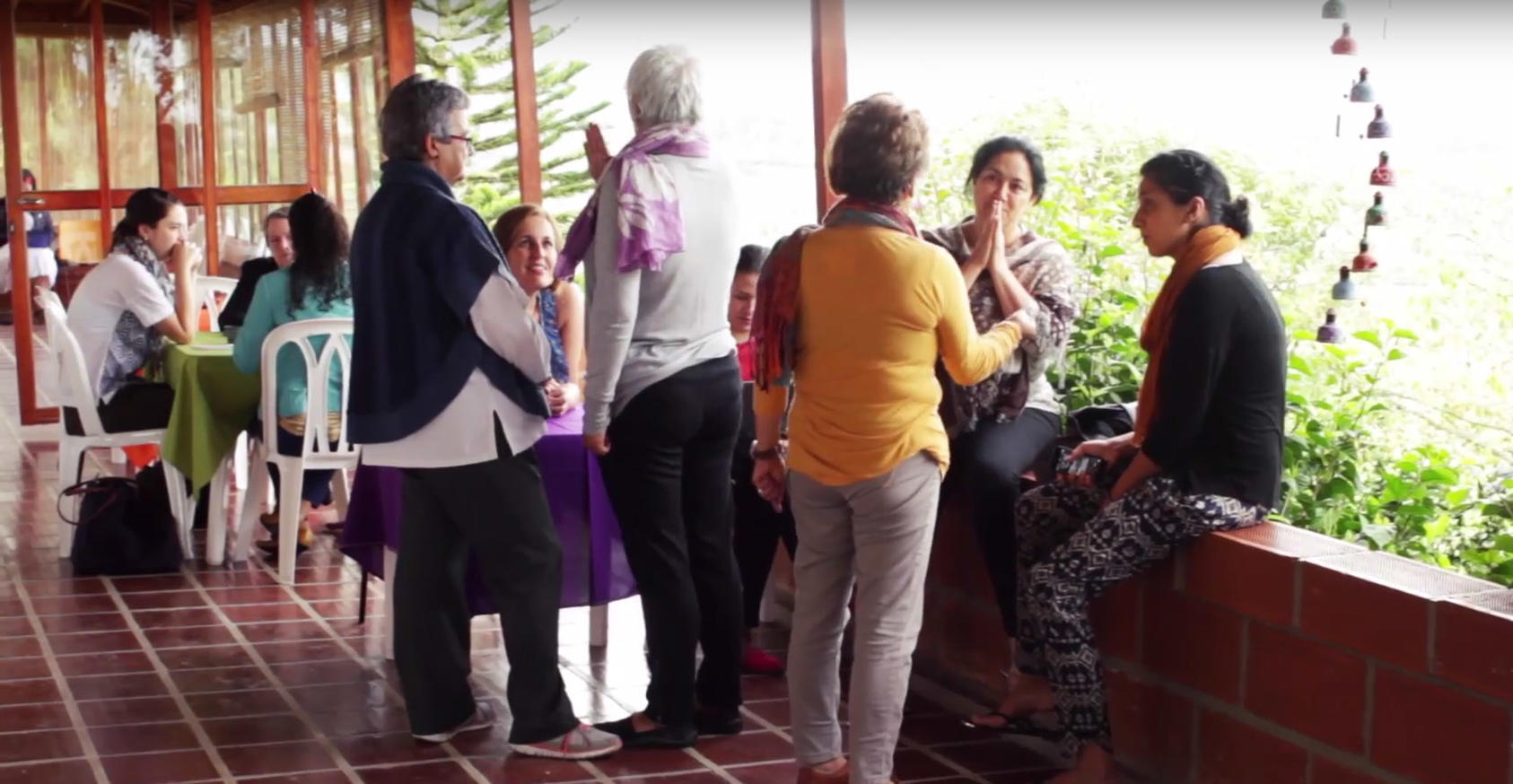Negotiation: Micro-Course
This micro-course defines negotiation and describes the two main components of any negotiation process. It also presents five different conflict styles that can be expressed in a negotiation and explains how these different styles can be applied given the context in which a negotiation is taking place.

Course Overview
By the end of this course, participants will be able to:
- Describe the two main components of any negotiation process;
- Identify different conflict styles; and
- Explain how different conflict styles may arise in a negotiation.
Overview Video
Click play to watch the overview video.
Agenda
Section 1 - Introduction
Introduces the importance of negotiation through real-world stories and asks the learner to reflect on their prior knowledge.
Section 2 - Definitions and Historical Context
Unpacks negotiation by breaking it down both definitionally and practically.
Section 3 - Tools
Discusses crucial things to know before engaging in negotiation and common tools used in practice.
Section 4 - Application
Examines how to plan and set the scope of negotiation, discusses how to respond when parties say "no," and offers learners a chance to put their skills to the test by completing a scenario.
Section 5 - Conclusion
Provides a space for self-reflection and tests retention while earning a certificate.
Instructor
- Anthony Wanis-St. John, Associate Professor, School of International Service, American University


